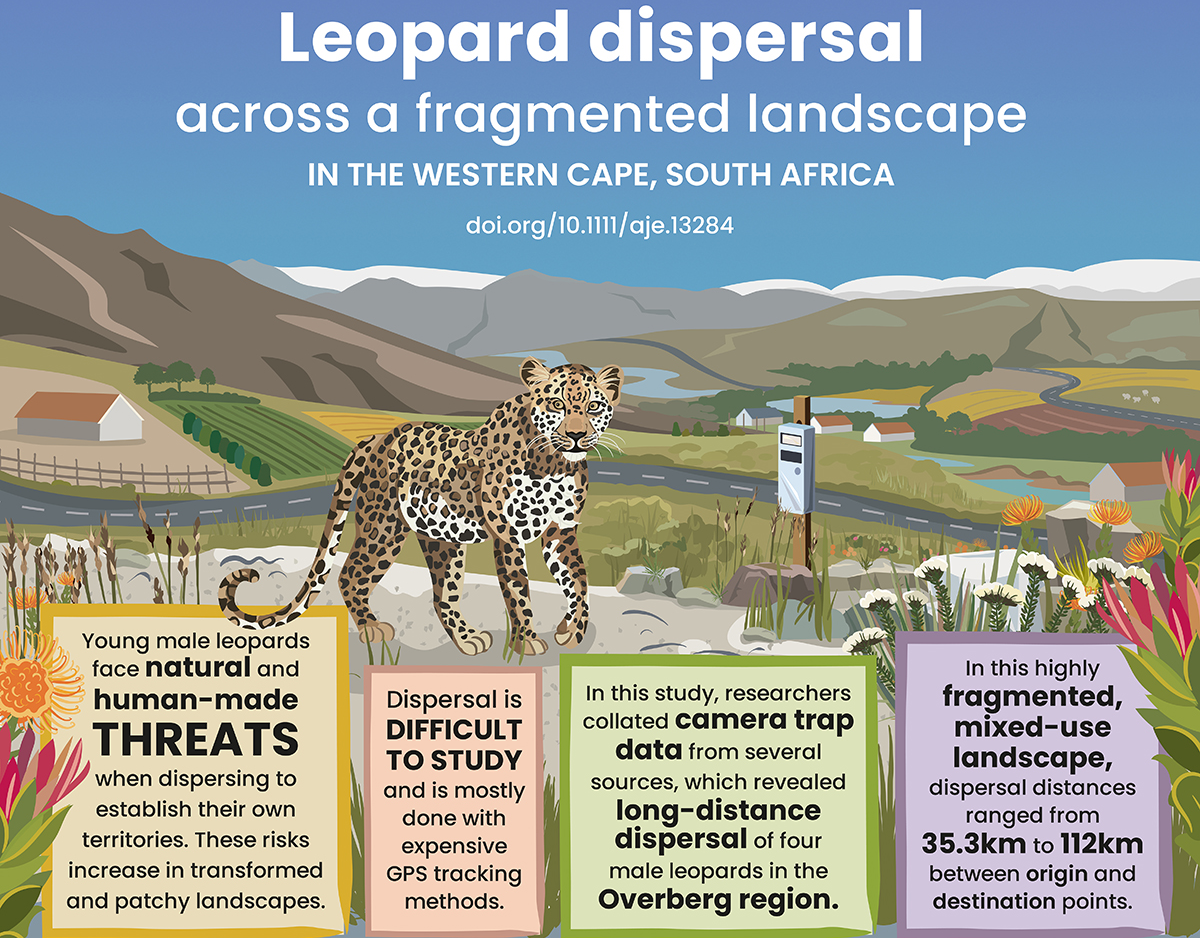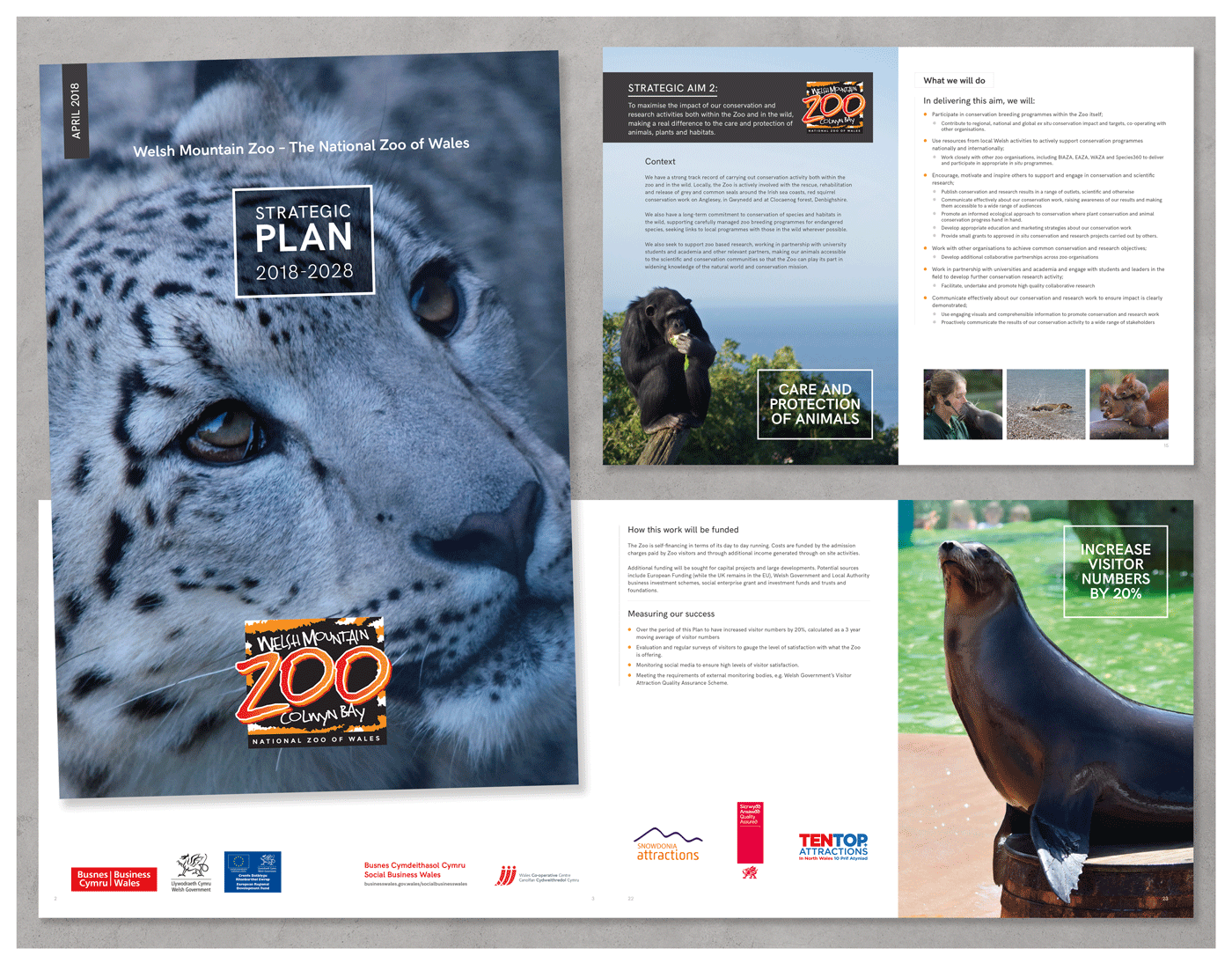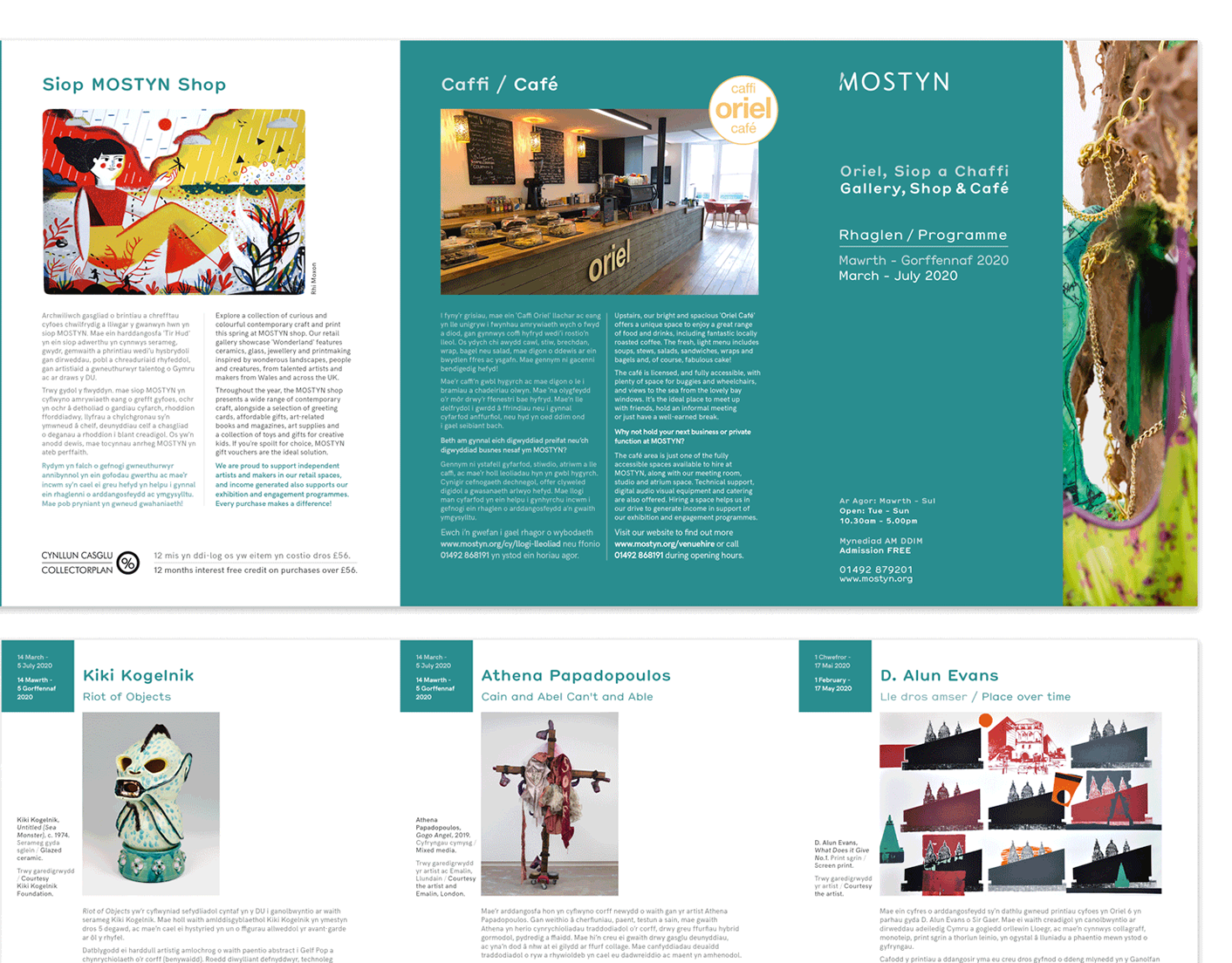I'm proud I have reached 20 years creating what can only be described as some fantastic projects for customers all over the UK from my little office in Llandudno and loved every minute.
20 years ago, I took a leap and started this design journey, armed with passion, a sketchpad, a lot of coffee and some cake (mostly delivered by you lovely lot).
Since then, I’ve had the absolute joy of working with so many incredible people. Some of you have been with me since the very beginning and I can't thank you enough for your trust, loyalty, and belief in me and my work.
To every client, collaborator, and friend who’s been part of this ride - thank you for helping shape this dream into something real.
Conwy Valley and North Wales Coast Community Railway Partnership
Pleasure to work with the Partnership to create their new illustrated map. Now up at Llandudno Railway Station and soon to appear on other platforms. May 2024.
Freshwater Biology and Ecology Handbook
It has been an absolute privilege to work for esteemed experts Dr Martin Griffiths and Dr John Murray-Bligh (authors) along with Dr Maxine Forshaw (editor) designing and print managing this 316 page Freshwater Biology and Ecology Handbook. I was honoured to attend the launch event on Thursday 21st July 2022 with the authors held at the House of Commons, hosted by Philip Dunne MP on behalf of FWR and IES. July 2022.
See below for the official press release and link to the handbook.
Freshwater Biology and Ecology Handbook
The Foundation for Water Research (now part of the Institution of Environmental Sciences) (FWR/IES) and the Freshwater Biological Association (FBA) are pleased to announce the launch of their Freshwater Biology and Ecology Handbook.
The unique scientific and charitable roles of the FWR/IES and FBA have enabled this book to be written in partnership with freshwater biology and water management experts and allow for it to be published free of charge and for public good, for use by the public, experts and regulators.
The book provides a core training and reference text for water professionals, ecologists, students and citizen scientists alike, and can therefore make a significant contribution to the protection and improvement of freshwater rivers and lakes.
River health is increasingly important in our busy and crowded world, but it is threatened by the growing impacts of climate change and human activity. The book emphasises that if the biology and ecology of water ecosystems are in balance then water will be fit for human use. In this context, biological and ecological assessment is a crucial element of good water management.
We must protect our precious freshwater natural resource and manage the environment sustainably, using long-term river basin planning and management. These principles are enshrined in EU legislation under the Water Framework Directive and the requirements for it embedded in UK law, which will be taken forward through the UK’s 25 Year Environment Plan.
Increasingly, biological monitoring and assessment are being used to drive infrastructure improvements in the water industry and other activities in rural and urban environments. High quality river basin planning requires constant improvements to monitoring, assessment, and reporting, without reducing the precision needed to facilitate complex decision-making. This handbook will help develop the protection and improvement of the water environment.
The authors have taken an innovative approach to providing a structured and accessible guide for this specialist area. Working with a design partner, they have produced a visually appealing book filled with photographs, text prompts, and hyperlinks to the original research, guidance and policy documents, enabling the material to be read at many levels. The book is designed to be accessible to a range of readers including policymakers, environment agencies, river managers, environmental scientists and professionals, and students, as well as being of relevance for citizen science initiatives.
The principles of good river basin planning, monitoring and assessment are common worldwide, and the information and methods described in the book are applicable to the UK, Europe and river basins around the world. Elements of this have been used in European accession countries, Turkey, China and India through knowledge exchange programmes; these exchanges provided the original stimulus for the development of this book.
The UK leaving the EU brings new opportunities, challenges and uncertainty to river management both in the UK and across the EU. Capturing current knowledge and best practice will help this transition and allow the next generation of biologists, ecologists and policymakers to build and enhance the knowledge and skills needed to protect our water environment. They will have to adapt to new and emerging pressures such as climate change, novel chemicals, micro-plastics, changes to land use and agricultural practices, invasive species, and the biodiversity crisis, as well as exploiting new technologies for environmental monitoring and assessment. This handbook will help in this process.
https://fwrinformationcentre.co.uk/biology-and-ecology-handbook/index.html and https://freshwaterbio.sharepoint.com/:b:/s/Website-Library/EUXHjpTehT5NgKm481fY588BuijeuSgHwiEckrVurK7jxQ?e=AhqbC2.
A small number of hard copies have been printed for distribution to key organisations and individuals.
The views, thoughts and opinions expressed in the text belong solely to the authors, and are not necessarily those of governments, the authors’ employers, organisations, committees or other groups or individuals.
Copyright for the book is held by FWR and FBA.
#FreshwaterBiologyandEcologyHandbook
Freshwater Biology and Ecology Handbook Authors and Acknowledgements
________________________










